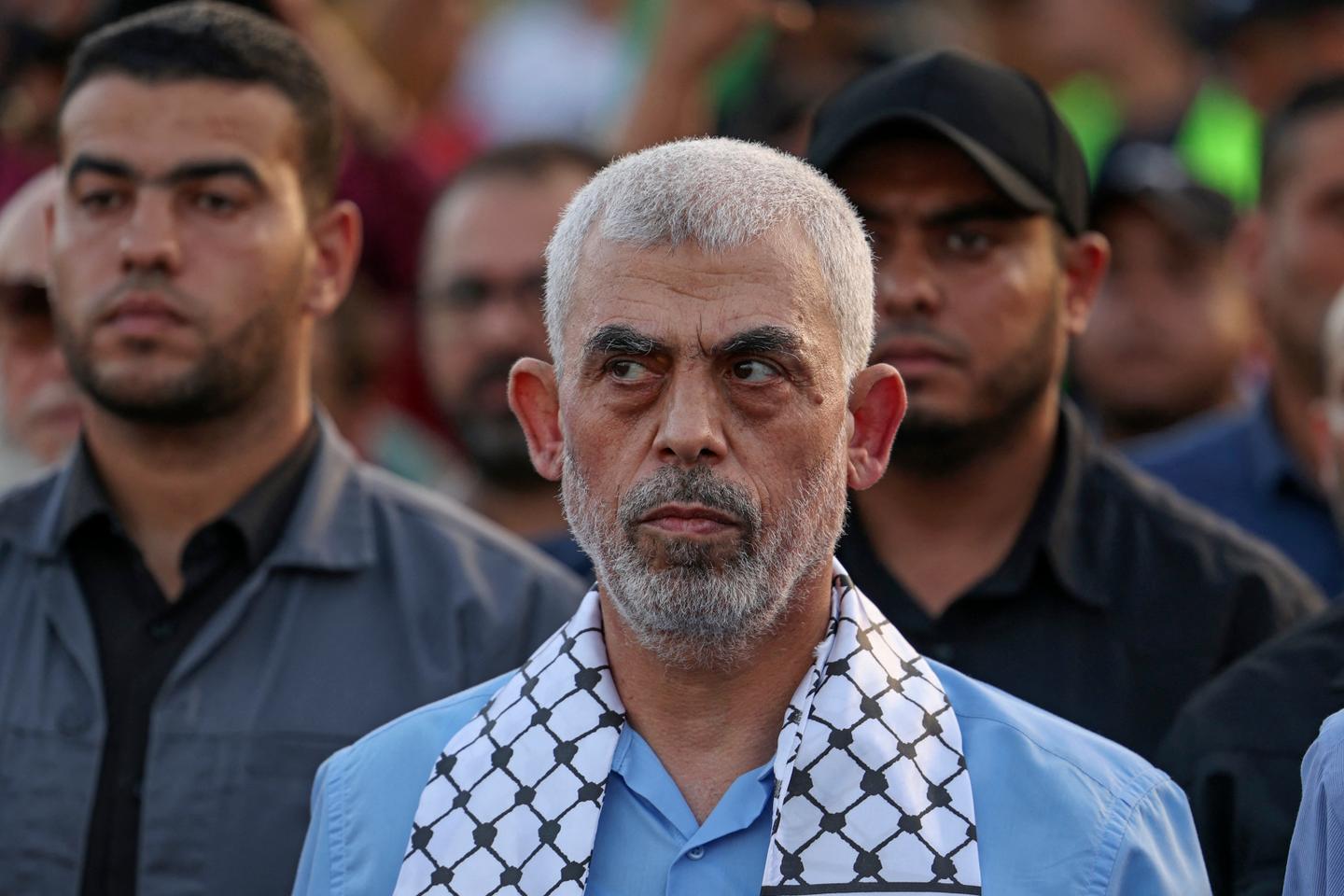Holed up in the tunnels of Gaza and hunted by Israel, Yahya Sinwar is emerging as the undisputed leader of Hamas. Since the October 7, 2023 attack on Israel, which he planned with the armed wing of the Islamist movement, the elusive leader of Hamas in the Gaza Strip has already imposed his uncompromising vision on the course of the battle as well as in the negotiations for a ceasefire in the Palestinian enclave. On Tuesday, August 6, Hamas’ governing bodies elected him as head of the political bureau to succeed Ismail Haniyeh, assassinated in Tehran on July 31 in an attack attributed to Israel.
“It’s a message of unity, internal cohesion and strength for Hamas to have been able to elect its leader, unanimously, in just a few days. It’s a strong response to Israel and [Prime Minister Benjamin Netanyahu’s] claim to have destroyed Hamas,” said Ibrahim Fraihat, professor of conflict resolution at the Doha Institute for Graduate Studies. The appointment of Sinwar is, in many ways, a gesture of defiance by Hamas toward Israel, at a time when its armed wing is weakened after 10 months of war, its leader has been assassinated and many other senior officials have been killed.
Khaled Hroub, a Hamas specialist at Northwestern University in Qatar, explained that “the movement is not caving in under pressure, and is bringing to the forefront the man responsible for the October 7 attacks and considered by many to be a hardliner. If Israel, the United States and their allies in the region and beyond were hoping to subdue Hamas by force, the response will be a more radical Hamas.” Sinwar’s accession to the head of Hamas’ political bureau does not bode well for a softening of the movement’s position in the negotiations that Washington is trying to relaunch with Egyptian and Qatari mediators, in the hope of stemming the current escalation between Israel and Iran.
Hamas leader since 2017 and exiled in Qatar, Haniyeh embodied the diplomatic face of the Islamist movement. An advocate of armed struggle to achieve the creation of a Palestinian state, the 62-year-old leader was nonetheless in favor of a ceasefire agreement with Israel and had publicly supported the two-state solution. By contrast, Sinwar appears to be a more uncompromising, if pragmatic, figure, who has brought Hamas back into the most radical armed struggle since October 7.
‘Butcher of Khan Yunis’
Born in 1962 in the Khan Yunis camp in the Gaza Strip, Sinwar got his start in Hamas by founding a security apparatus, Al-Majd, to track down spies in Israel’s pay, earning him the nickname “the butcher of Khan Yunis.” He has never concealed his desire to strike hard at Israel, the country that imprisoned him for almost 23 years. Charismatic and authoritarian, he began his political and military rise on his release in 2011. As a member of the political bureau, he oversaw the capacity-building of the armed wing until his election, in 2017, as head of Hamas in Gaza.
You have 47.04% of this article left to read. The rest is for subscribers only.

